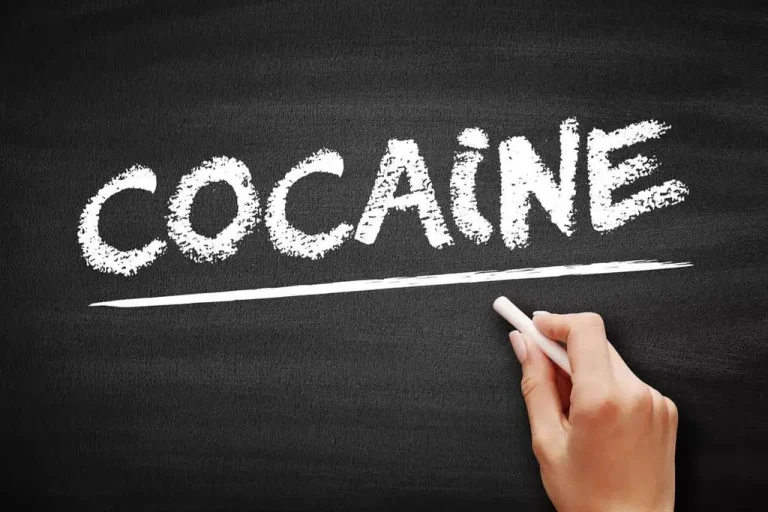
Evidence-based addiction treatment uses the current and best research-based evidence to make informed decisions about your rehab care. Sobriety can be a particularly challenging pursuit for someone with an addiction like alcohol use disorder. Each relapse episode can strengthen the person’s belief that sobriety is not possible for them. Once a person with AUD gets through the initial withdrawal process, most symptoms ease or stop, indicating the body is adjusting to the absence of alcohol. If the individual resumes drinking after the body has adapted to function without alcohol, they will find their tolerance has decreased. Drinking the same amount before stopping alcohol use means they feel the effects much more quickly and may experience dangerous results, including blackouts or alcohol poisoning.

What To Do After a Relapse

If you notice any of these symptoms, point them out to the person concerned straight away. If they are serious about their recovery there are steps they can take to prevent the inevitable. This results in a shortage of feel-good enzymes and an intense craving for more alcohol.
Treatment Programs
- As explained and elaborated on by the National Institute on Alcohol Abuse and Alcoholism, relapse prevention is the main goal of all addiction treatment.
- Maybe they want to have a fun night out with you — like you used to have with them before you got sober.
- You may also experience what is commonly called sobriety fatigue, which refers to the overall exhaustion that may occur as a result of the emotional and physical stress of staying sober.
- Alcohol abuse, alcohol dependence, and alcohol addiction fall under the clinical diagnostic criteria for alcohol use disorder (AUD).
By being aware of these stages of relapse, you may be able to identify the signs early on in yourself or someone else and take steps to adjust what’s happening before there’s a full-blown relapse. While some people may be able to drink in moderation again, some won’t, and that’s okay. The decision to drink drinking again after sobriety or stay sober will depend on your history with alcohol, your progress in treatment, your mental health, and your long-term goals. Psychologically, individuals with mental health disorders such as depression, anxiety, and post-traumatic stress disorder (PTSD) are at higher risk of developing alcoholism.
Getting Through Detox
I’m grateful that I did it and was able to gain a new perspective surrounding alcohol for myself. I can’t constantly sit back and crave something I no longer even enjoy, which will be an incredible life change going forward. Having a chaotic or disorganized lifestyle can also hinder your recovery. It’s important to develop a structured daily and weekly schedule and stick to it. We can assist you with this and any other aspects of recovery and are available with help and advice at any time. Accurate figures on the actual incidence of relapse are near impossible to get thanks to the anonymous nature of recovery.
Disulfiram (Antabuse) is another medication FDA-approved to treat alcohol use disorder, but it is used very infrequently. The average liver in a healthy https://ecosoberhouse.com/ adult metabolizes one drink in approximately two hours. Support isn’t just needed to get a person started on the path to recovery from addiction.
- In conclusion, the question of whether an alcoholic can ever drink again does not yield a straightforward answer.
- These powerful emotional states can put an individual’s recovery at risk, leading them to turn to alcohol as a coping mechanism.
- Drinking after achieving sobriety can have some serious consequences, and it’s essential to be aware of them.
- Recovery involves coming to terms with the reality of the situation and understanding that a lifestyle of abstinence is the only possible lifestyle for those recovering from Alcohol Use Disorder.
Learn How to Anticipate Potential Future Relapse
- MM asks participants to take a realistic look at their drinking patterns and reasons for drinking.
- You don’t have to stay sober forever, but you should make decisions that are beneficial to your health and safety.
- Between 2000 and 2010, alcoholism rates in the United States increased by nearly 50 percent, and approximately one in every eight American adults today meets the diagnostic criteria for an alcohol use disorder.
- If you need support, help, or have questions, please contact our team at The Recovery Village.
- Relapse is a process that can begin weeks or months before someone drinks.
Understanding these genetic factors can help individuals make informed decisions to stop drinking alcohol. Choosing to indulge in de-alcoholized drinks or mocktails may seem like a harmless alternative, but even these seemingly innocent beverages can be triggering for some. Consuming such substitutes can lead to a placebo-drunk-like sensation, ultimately increasing the likelihood of a relapse into alcohol addiction. It’s crucial to be cautious and avoid situations where one might start drinking these substitutes, as they could potentially lead to negative consequences. New research has found that psilocybin reduces alcohol consumption in rats by altering the left nucleus accumbens in the brain. While we wait for definitive trials leading to FDA medication approvals in humans, promising studies using neuromodulation of the brain as well as treatment with ketamine and other psychedelics are encouraging.

- Unfortunately, there isn’t a one-size-fits-all answer to that question.
- Aftercare programs make it easier to remain in recovery and avoid returning to substance use.
- Some of the immediate changes you will need to make will be obvious—like not hanging around the people that you used with or obtained drugs from.
- The brain and body need time to return to functioning without the substance.
- In many cases, alcohol cravings or stress can tempt you into drinking again, even when staying sober is the better option.
- Today, there are programs like Moderation Management, which do allow for a certain level of controlled drinking and have helped many learn to drink safely.
The Consequences of Drinking Again After Sobriety



Comentarios recientes